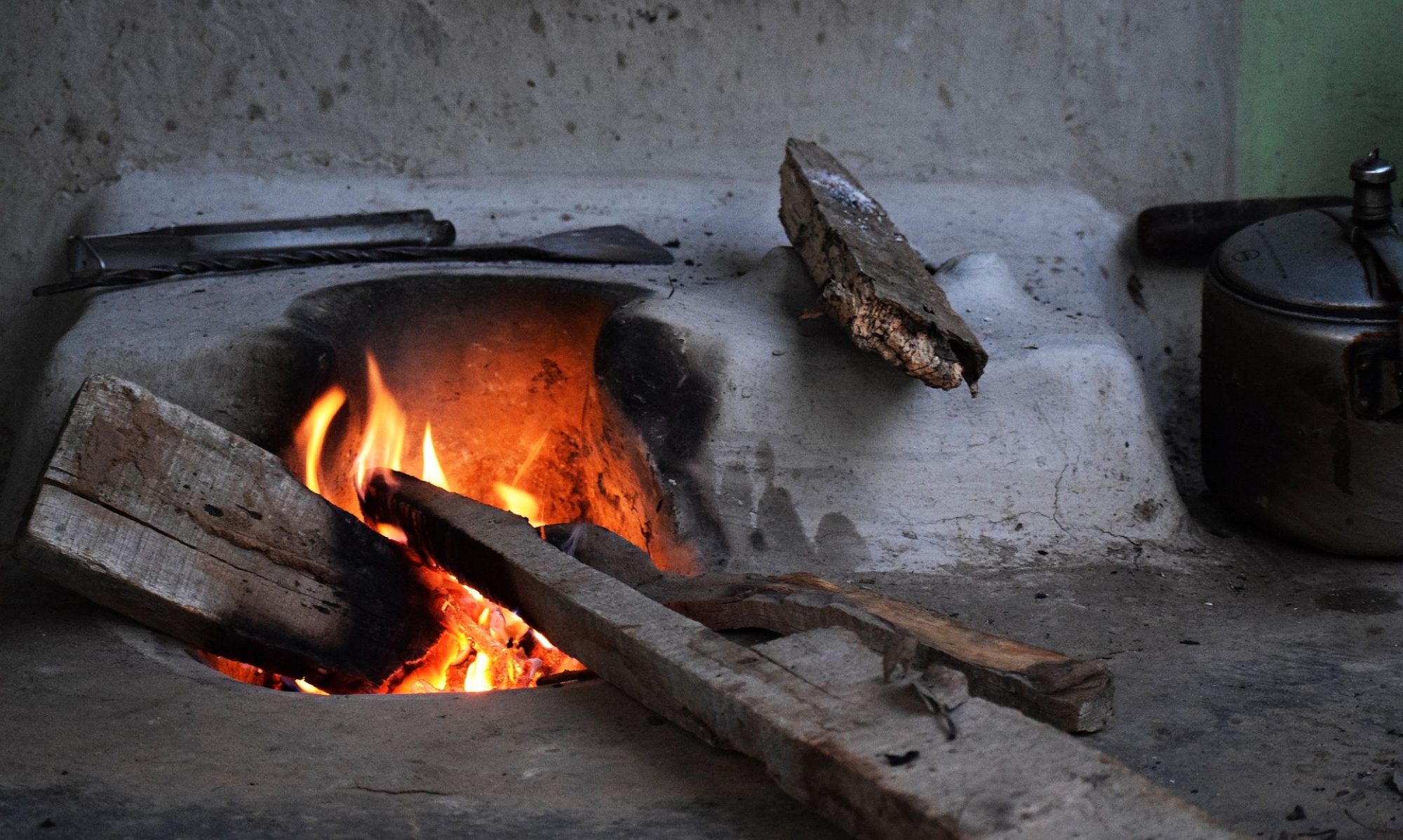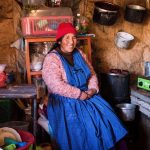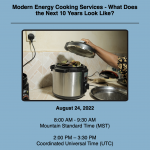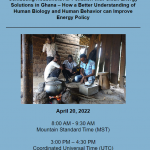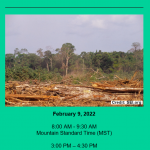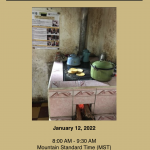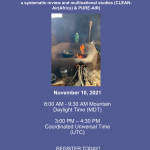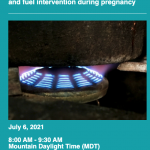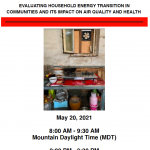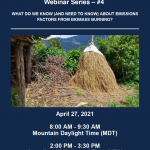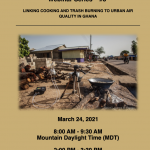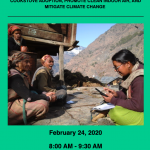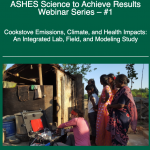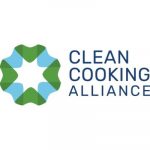Exposure to household air pollution (HAP) is a top-ten risk factor for morbidity and mortality worldwide, and is a leading contributor to the burden of disease around the world. Access to modern energy has been proposed as a basic human right, yet 3 billion people still rely on traditional energy sources (e.g., wood, charcoal, kerosene) to support household needs such as cooking, heating, and lighting. Emissions from traditional energy sources create unhealthy levels of HAP and contribute to the earth’s radiative energy balance; over the next century, anthropogenic climate forcing is expected to inflict a major toll on human health. We seek to help shift the current household energy paradigm to increasingly efficient and sustainable solutions.
Resources
Resources and Webinar Recordings
The Household Air Pollution Intervention(
Low-cost Sensors for Exposure & Health
Combating Household Air Pollution with Clean
Household Energy, Biomass Sustainability, and
Honduras Cookstove Intervention Study
Scaling up clean cooking in sub-Saharan Africa
HAPIN exposure contrasts and adherence
Household energy, air quality, and health
Emissions factors from biomass burning
Cooking, trash burning, and air quality in Ghana
Clean cookstoves, indoor air quality, and climate
Integrated lab, field, and modeling study
World Health Organization’s New Toolkit
Mask Bootcamp 101
Cookstove Catalog
ISO19867 Harmonized laboratory test protocols
No post found
Events
About
About Us
We are a consortium of researchers, academics, and practitioners seeking to enhance and support the adoption of clean, affordable household energy solutions. Our strategy is to build on past successes while addressing both current and emerging challenges in the household energy sector. We seek to: (1) Increase the adoption and use of clean and efficient cooking and heating devices through increased awareness, capacity and the number of individuals/organizations participating in the sector; (2) Reduce the amount of harmful pollutants released into households and the environment from household energy systems; (3) Expedite the transition to cleaner, more efficient household energy systems (including biogas, electricity, ethanol, LPG, pellets, and solar) in domestic and international settings. In support of these objectives, our consortium is leveraging our related experiences in emissions characterization, exposure assessment, health effects research, climate science, education and capacity building, implementation science, impact assessment, community-based participatory research, and gender dynamics in both the US and abroad. (4) Understand and develop energy solutions through interdisciplinary approaches, inclusive of context specific cultural, economic, and technological barriers and opportunities.
Environmental and Radiological Health Sciences, Colorado State University
Focus Areas:
Environmental Social Science, Gender Equity, Environmental Health, Climate Resilience & Adaptation, Community-Based Participatory Research, Food Security and Agricultural Extension
Learn More About Our Organizations
Volckens Research Group
Colorado State University
Berkeley Air Monitoring Group
